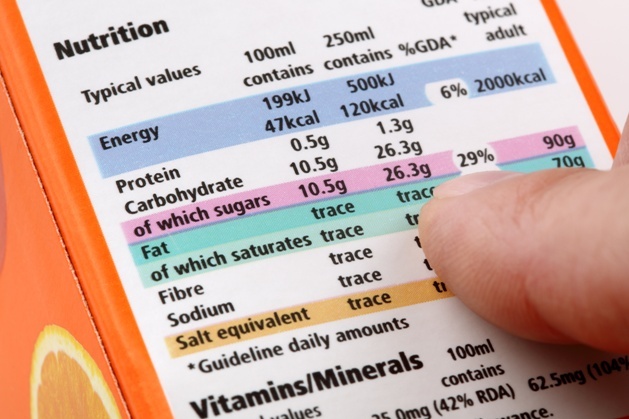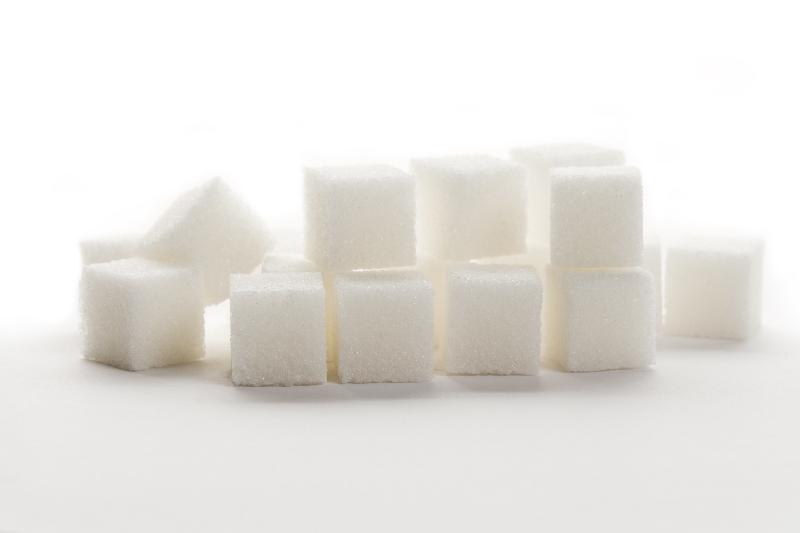Just about everyone knows that sugar is bad for our health, but during the holidays, it appears with more frequency and is difficult to avoid.
In case there are readers who have missed out on this fact, I will provide you with the crash course to start off this article. The Atkins website sums up 10 reasons why sugar is bad (listed below) and other websites go on to list 146 reasons why sugar is not a sweet thing for our health.
10 Reasons Why Sugar Is Bad for Your Health
-
Sugar causes glucose levels to spike and plummet, which cause mood swings, fatigue, cravings and headaches.
-
Sugar increases the risk of obesity, diabetes, and heart disease.
-
Your immune function can be affected by sugar. As if being sick wasn’t bad enough, studies have shown that sugar can interfere with the way your body fights disease. Bacteria and yeast feed on sugar, so excess glucose in the body causes these organisms to build up and cause infections.
-
A high-sugar diet can lead to chromium deficiency. Chromium, a trace mineral, helps regulate blood sugar in the body. While it can be found in meats, seafood, and plant foods, 90% of Americans still don’t get enough chromium because of refined starches.
-
Sugar accelerates aging. After sugar hits your bloodstream, it attaches to proteins. The mix of these proteins with sugar causes the skin to lose elasticity and leads to premature aging.
.png?width=305&height=132&name=NIHAlogoBLUE_3_transparent%20(2).png)









